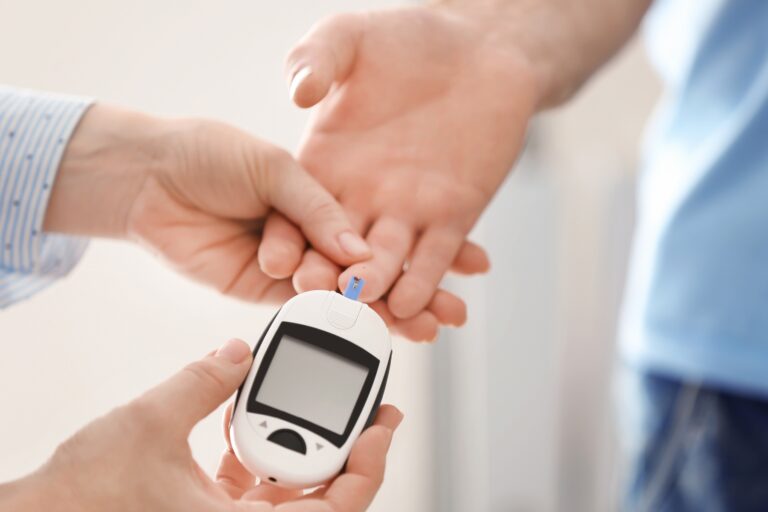What does urology do?
Urology deals with urinary tract diseases (kidneys, ureters, bladder, urethra). These include developmental disorders, infections, inflammations, stones, difficulty passing urine – difficulty urinating, involuntary loss of urine – and cancer. It is also involved in examining and treating male genital problems (testes, prostate, penis).
What are the most common urology problems?
- Frequent, painful, bloody urination
- Urinary incontinence
For men:
- Difficult, stuttering urination
- Decreased urine output, nighttime urination
- Erectile dysfunction
In addition, screening tests are essential, and it is recommended for all men to request a screening for prostate cancer from a urologist from the age of 45.
What should I expect from my urology consultation?
- Interview. The urological examination usually starts with an interview to identify the problem. It involves taking a urological and medical history, sometimes with questionnaires and scales.
- Physical examination. Palpitation of the kidneys, abdomen, and genitals. A digital rectal examination may be performed to measure the consistency and size of the prostate.
- Urine test. Ordered to provide proof of infection or hematuria.
- Lab test. Kidney function, PSA, etc., may be ordered to measure the state of our urological functions.
- Diagnostics. If necessary, the urologist may suggest an ultrasound performed at our clinic to visualize the kidney, bladder, and other urological organs. Additionally, we may help you arrange a CT scan at external facilities.





